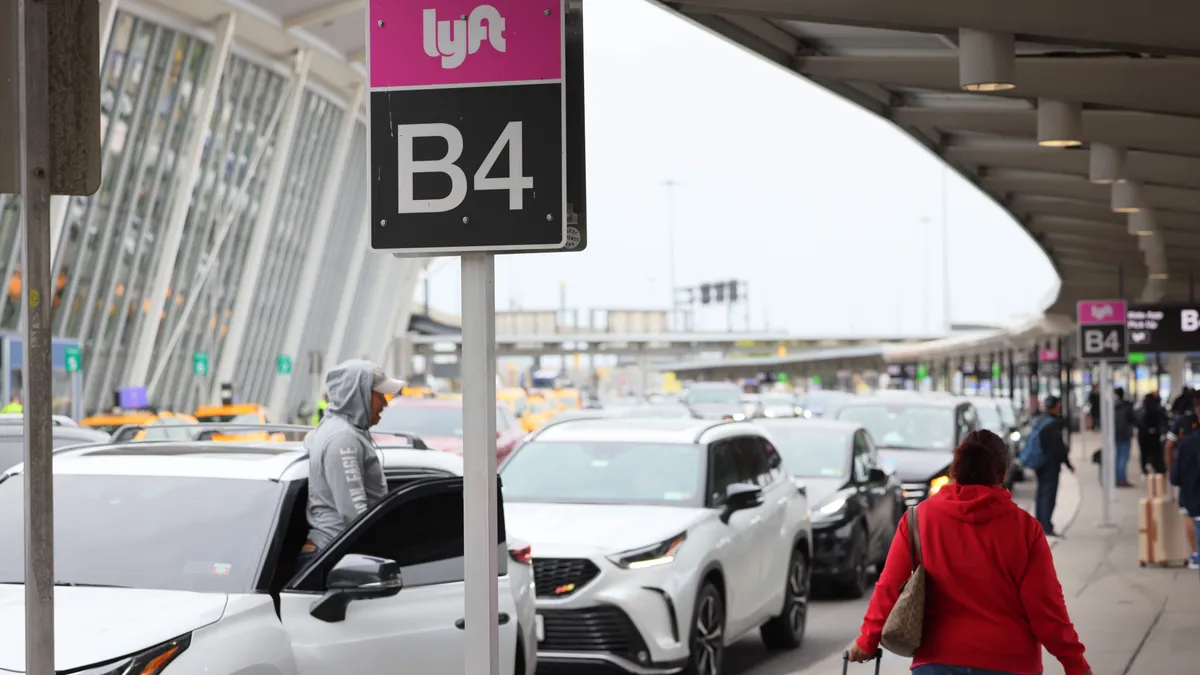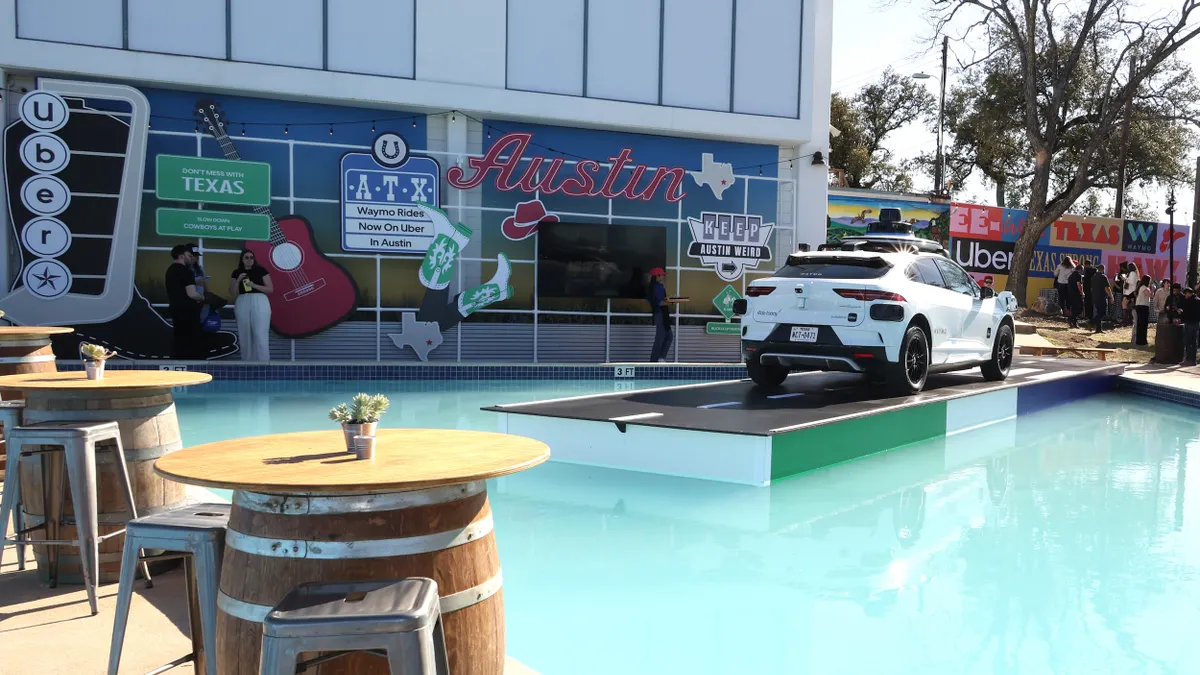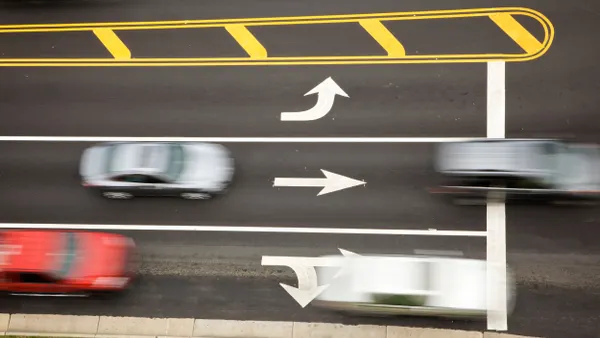Dive Brief:
- Lyft’s “customer obsession” helped the company reach all-time highs in rides, riders and driver hours, CEO David Risher said on a Q4 2024 earnings call Tuesday.
- During the quarter, riders were picked up almost one minute faster than the year before, and Lyft’s average time to arrival became the fastest in the industry, according to Risher.
- The number of customers using the premium Lyft Black and Lyft SUV services rose 41% year over year in 2024, Risher said. The growth was driven in part by expansion to 64 total markets in the U.S. and Canada, increased supply of drivers for Lyft Black vehicles and fine-tuned vehicle eligibility aimed at ensuring consistent experiences.
Dive Insight:
Lyft’s customer obsession isn’t just about riders — the rideshare company is investing in its drivers as well to help them deliver better service even as it expands higher-end options for riders.
“Our goal is quite simply to set a new standard of service for the industry,” Risher said.
Lyft developed an AI support tool for drivers that can answer questions to help them spend more time on the road, according to Risher. A January test saved an estimated 28,000 hours in support time, and will roll out on a wider basis.
“Remember, when a driver has a problem, that's time they have to spend resolving that problem,” Risher said. “That time is money. That’s time they're not spending in the middle of driving."
Premium experiences have been a driving force for rider growth, according to Risher. One example is Lyft’s Price Lock subscription, launched in September, which lets customers avoid paying elevated surge pricing for a $2.99 monthly fee.
The program is still small, with only about 1.6 million rides since launch, but the majority of Price Lock users, 70%, continue to renew their subscriptions month after month, according to Risher.
The efforts seem to be paying off. Total rides were up 15% to 219 million and the number of active riders on the platform rose 10% to 24.7 million, according to a company earnings report. Revenue reached $1.6 billion, up 27% year over year, while net income was $61.7 million compared to a $26.3 million net loss in fourth quarter 2023.
The rideshare company plans to continue improving its higher-end offerings in 2025.
“For riders, we want them to expect more from every journey, whether it's by feeling special in their extra comfort or black SUV ride, or by being rewarded in small but meaningful ways for their loyalty,” Risher said.
Lyft’s premium push reflects a similar trend in the airline space. Carriers including American Airlines, Delta Air Lines and Frontier Airlines are all upgrading their high-end options in response to customer demand.












